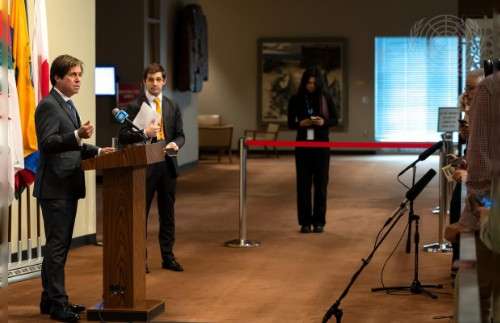
Australia’s love affair with drinking is waning, according to official figures that show alcohol consumption has fallen to levels not seen since the early 1960s.
The decline has been led by a fall in beer sales and by a cultural shift against alcohol by younger people. The Australian Bureau of Statistics estimates a fifth of the population are teetotalers (nondrinkers).
Alcohol consumption in fun-loving Australia is at its lowest in more than 55 years.
Beer, wine and spirits are still a big part of life here, but in a land with a boozy reputation, it is health-conscious young people who are drinking less.
Professor Ian Hickie, who is in his 50s, of the Brain and Mind Center at the University of Sydney, says there has been a significant cultural shift away from drinking.
“There are some interesting changes in alcohol consumption in Australia, particularly among young people,” he said. “So a decade ago, 15 years ago, we had a major upswing in binge drinking and alcohol-related harm in younger populations, particularly under the age of 25 — really major problems. Over the last decade, we have progressively seen less binge drinking, less actually persistent alcohol-related risk amongst younger people.”
But Hickie said sadly, people of his age “have continued on largely with their behavior that they have had.”
Changing trends
Australia’s tastes are changing. Small craft brewers say beer made with native ingredients is becoming more popular as drinkers choose quality over quantity.
Kerrie Abba, co-owner of the Nomad Brewing Company in Sydney, is seeing a more mature approach to alcohol consumption, with people “drinking less but drinking better.”
“Instead of taking their $30 into a pub and saying ‘I want to get as many beers as I can out of this’, they are actually saying ‘I want to have the best experience that I can. … I might only get two beers out of this, but I’m going to have an experience, I’m going to taste something, I’m going to hear a story, I’m going to be transported by this beer.'”
For many Australians, drinking is a national pastime, especially on days when there are major sporting events. Alcohol is widely available and relatively cheap. For most, it is just a bit of fun, a social lubricant that helps them to relax, but for others, alcohol has a darker side.
Jessica Khachan has been sober for five years. The Sydney mother says her addiction to alcohol was so bad she thought she would die.
“I just needed alcohol to make me feel good, give me that confidence, allow me to get out of bed or whatever,” she said. “I was a functioning alcoholic, I guess, for a long time.”
But she said the thing that was keeping her going was “killing” her.
“So it was my family that noticed, you know, that something is not right here — just not wanting to live anymore,” she said. “So recovery has really given me a new gift of life and just the opportunity to be that mum and that person I’m meant to be.”
Alcohol, Australia’s most lethal drug, kills more people each year than all other illicit substances combined. For some, it is a demon that is hard to overcome.
The Rev. Bill Crews, who organizes an annual march for those recovering from substance abuse, says if the law took a consistent approach to all drugs in Australia, tightening up a bit on alcohol. loosening up and decriminalizing other things, the impact would be immense.
“Treat them all as health issues and then you’ll get somewhere,” he said. “All that money that goes into the criminal syndicates would go into rehab and people would get help because the drug industry — the illicit drug industry, and the alcohol industry — need abuse to survive, so that they would be applauding the fact there are so many addicts because that is where get all the profit from.”
The Australian government recommends no more than two standard drinks per day. A bottle of wine contains around seven units. That plea for moderation appears to be working.(VOA)










